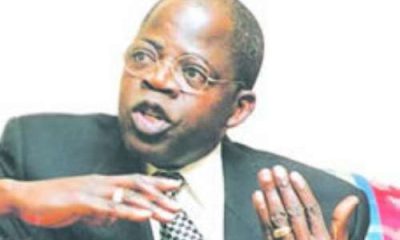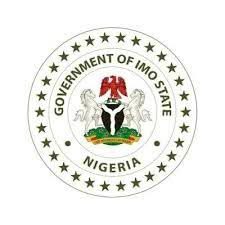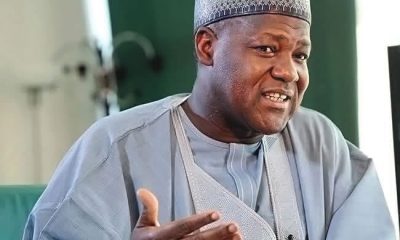Columns
THE HISTORY IF DELTA-IGBO PEOPLE According to Dennis Osadebey.
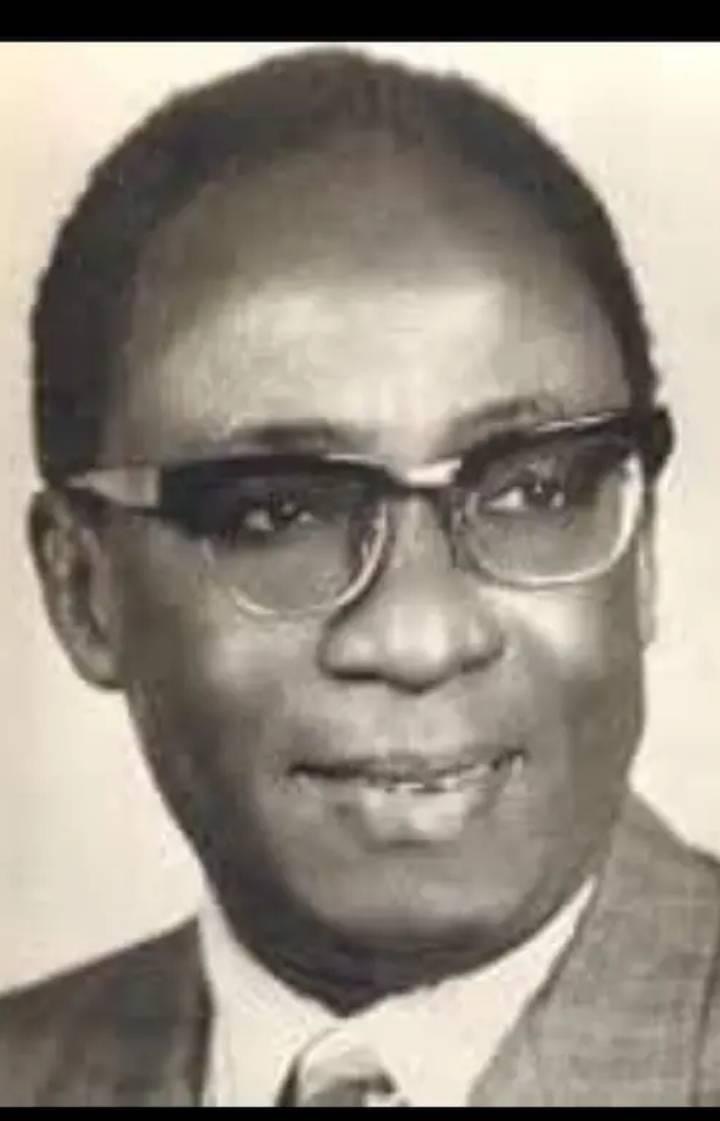
Columns
“I have no love for fake friends, pretenders”— Mikel Obi replies 2Baba

Columns
Nagasaki driver returns 25-yr ‘partner’ RX-7 to Mazda at ceremony on 80th birthday
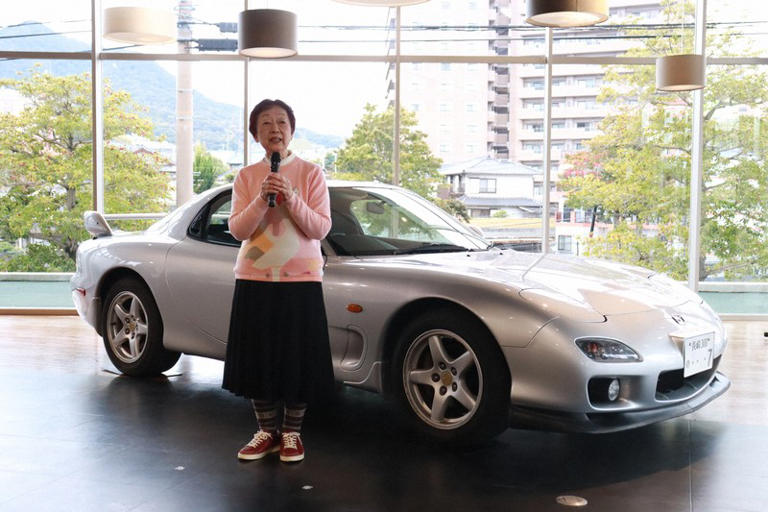
Columns
Judges Must Reject Gifts From Governors,Ministers “- NBA President, Osigwe
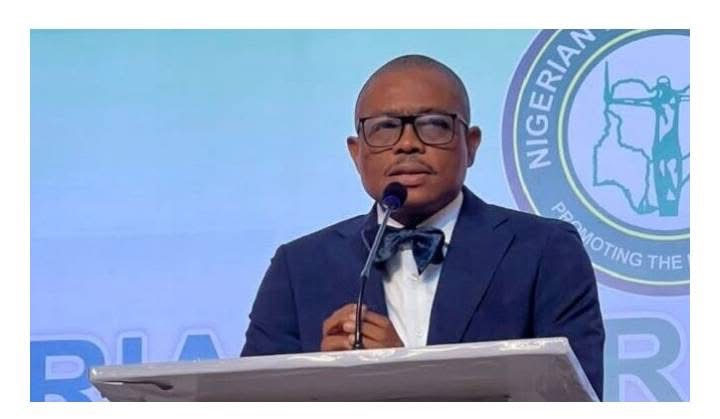
-
Politics10 months ago
Nigerian Senate passes Bill seeking the establishment of the South East Development Commission.
-

 Business10 months ago
Business10 months agoInflation hits record high of 29.90% on naira weakness
-

 Politics7 months ago
Politics7 months agoBREAKING: Federal Gov’t Offers To Pay Above N60,000, Reaches Agreement With Labour
-

 SportsNews10 months ago
SportsNews10 months agoOlympic Qualifiers 2024: CAF Confirms Dates For Super Falcons Vs Banyana Banyana
-

 Politics10 months ago
Politics10 months agoGovernor Hope Uzodinma’s New Cabinet In Imo: The Gainers, The Losers
-
Entertainment10 months ago
American Singer Beyonce makes history as first Black woman to top country chart
-
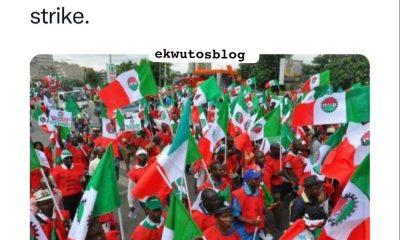
 Politics7 months ago
Politics7 months agoBREAKING: Organized Labour suspends strike for one week.
-
Business10 months ago
Reasons we cannot sell cement below N7,000, by Dangote, Bua, Lafarge

